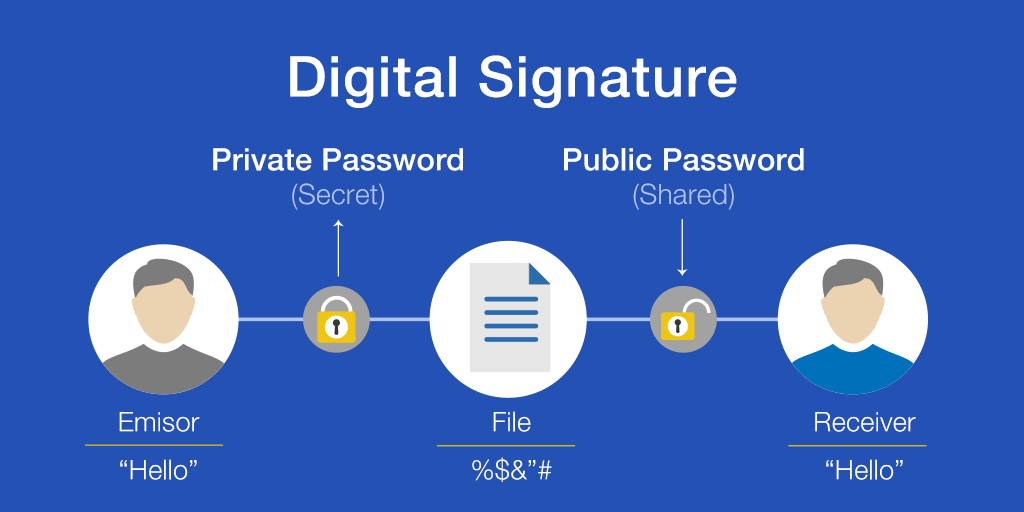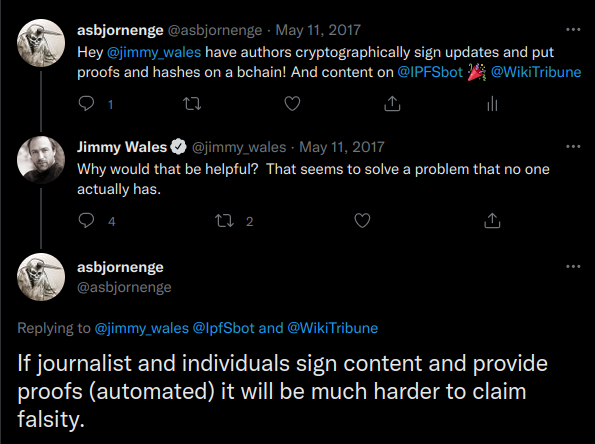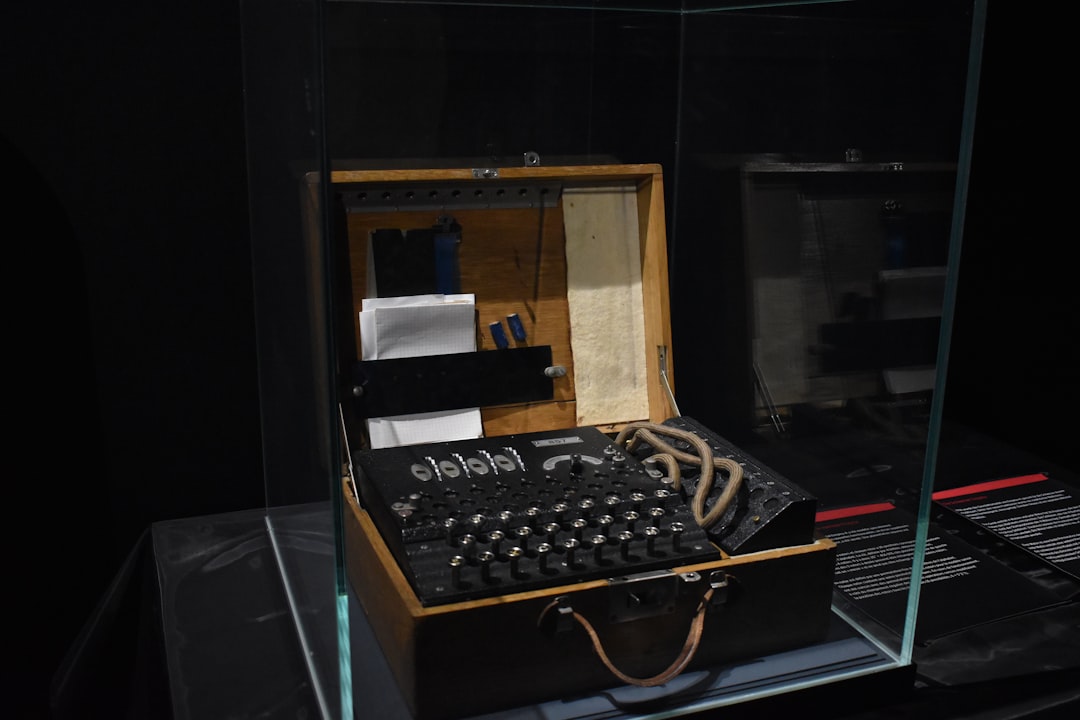Deepfakes have been discussed for a long time, and have been flagged as a major problem by many prominent people. I stumbled across it again in one of the recent episodes of the Waking Up podcast. I can't remember if it was the one with Marc Andreessen or the one with Eric Schmidt. Either way, even these highly technologically advanced people seem to miss an obvious mitigation to this problem; digital signatures.

By having prominent institutions, content creators and people (everyone?) provide a cryptographically signed digital signature along side the content they publish - anyone can verify the signature. They will of course have to decide for themselves if they trust institution, creator or person, but they can at least verify the content's origin.
If a piece of content shows up without, or with a completely new, digital signature, that would be a sign to be very skeptical of this content.
If a piece of content shows up from a prominent content creator with a valid digital signature, one that has been used multiple times in the past etc. we can be less skeptical of this content.
None of this is absolute. Private keys can be lost, content creators can be pressured, enticed or mislead, etc. So we still need to tread carefully. But it seems to me this would be a very good line of defense against deepfakes and also other "fake news".
And a lot of this stuff can be automated but digital tools and social media platforms!
As a fun anecdote, I once pitched this idea to Wikipedia's creator Jimmy Wales for his WikiTribune. He seemed to think it was a non-problem 😅 🤦🏻♂️

enjoy.

